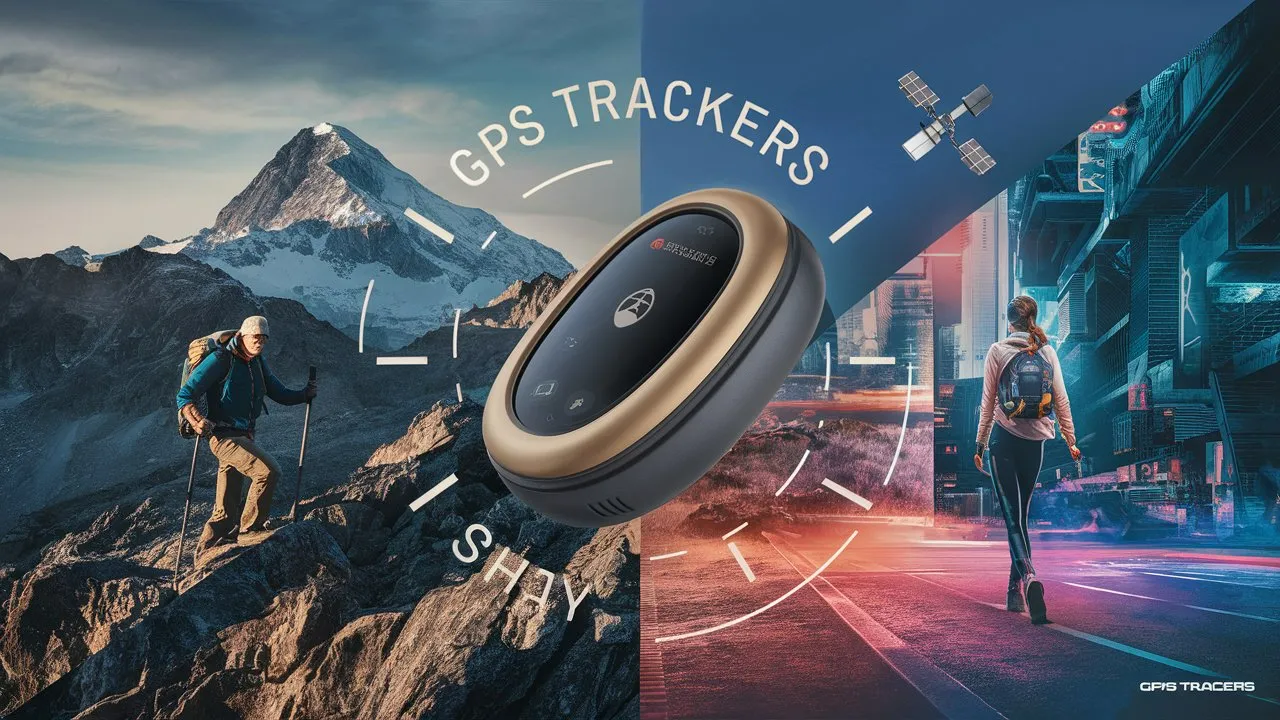
A GPS tracking device is a compact and portable gadget equipped with a GPS receiver that communicates with satellites orbiting the Earth to determine your precise location. The device then uses this data to send real-time updates of your location to designated contacts, typically via a microcontroller embedded in the tracker. This simple yet sophisticated technology can be a literal lifesaver, keeping you connected and secure in various situations.
To understand how these devices keep you safe, it's essential to grasp the basic mechanics behind them.
Whether you’re an avid hiker, a solo traveler, or someone concerned about personal safety, a GPS tracking device offers numerous advantages.
One of the most significant benefits of GPS tracking devices is their ability to ensure safety in remote areas. When you’re hiking in the mountains, deep in a forest, or on a cross-country trek, cell service is often unreliable or non-existent. In such situations, a GPS tracker can be your lifeline, allowing you to communicate your location to loved ones or emergency services. Should you encounter an emergency, such as getting lost or injured, the device can send a distress signal along with your exact coordinates, significantly improving your chances of a swift rescue.
Traveling alone, whether domestically or internationally, can be a daunting experience—not just for you but also for your loved ones. GPS tracking devices alleviate much of this anxiety by providing real-time updates on your location. Family members can track your journey, ensuring that you’re safe and on the right path. This constant connectivity offers invaluable peace of mind, especially in unfamiliar or potentially risky environments.
In urban settings, GPS trackers are also useful as a deterrent against crime. Many devices can be discreetly attached to personal belongings, vehicles, or even worn as accessories. Should your items be stolen, a GPS tracker can help law enforcement locate and recover them swiftly. In the case of kidnapping or abduction, a GPS tracker on your person could be the key to a quick rescue.
GPS tracking devices are increasingly being used to protect vulnerable individuals, such as children, the elderly, and people with cognitive impairments like dementia. Parents can monitor their children's location to ensure they are safe on their way to school or at play, while caregivers can keep track of elderly relatives who might wander off and get lost. These devices provide a safety net, ensuring that help is always within reach.
For the intrepid traveler, a GPS tracker can enhance the adventure by logging travel routes and destinations, allowing you to keep a detailed record of your journey. Some devices even offer additional features like geofencing, where you can set virtual boundaries on a map. If you, or the device you’re tracking, cross these boundaries, an alert is sent, which can be useful for avoiding dangerous areas or simply keeping track of a travel itinerary.
GPS tracking devices come in various forms, each designed to cater to specific needs and scenarios.
These are compact, lightweight devices designed for personal use. They can be clipped to your clothing, worn as a wristband, or carried in a bag. Personal trackers are ideal for hiking, traveling, or ensuring the safety of children and elderly family members.
Vehicle trackers are installed in cars, motorcycles, or other vehicles to monitor their location and movements. They are popular among fleet managers, delivery services, and car rental companies to ensure efficient route management and to recover stolen vehicles.
Pet owners can also benefit from GPS technology. Pet trackers are usually attached to a collar and allow you to monitor your pet’s location in real time. If your pet ever wanders off or gets lost, these devices can help you locate them quickly.
Asset trackers are designed to monitor valuable items such as luggage, electronics, or shipments. These trackers are typically small and can be hidden within or attached to items, providing an added layer of security during transportation or storage.
When selecting a GPS tracking device, consider the following factors:
To illustrate the importance and utility of GPS tracking devices, here are a few real-life scenarios:
In an increasingly unpredictable world, ensuring that someone always knows where you are can make all the difference. GPS tracking devices provide a reliable solution to staying safe and connected, whether you’re braving the wilderness, traveling alone, or simply looking out for a loved one’s safety. By embracing this technology, you are investing in peace of mind for yourself and those who care about you, ensuring that you’re never truly alone, no matter where your adventures take you.
To know more, watch our video : https://www.youtube.com/shorts/XyW94Mpi8yg